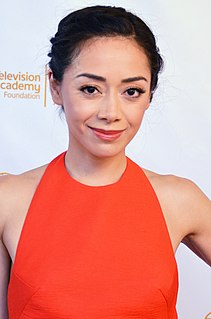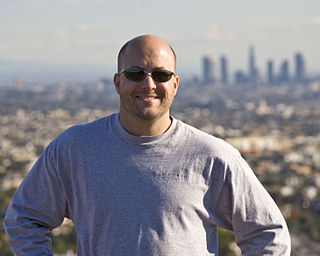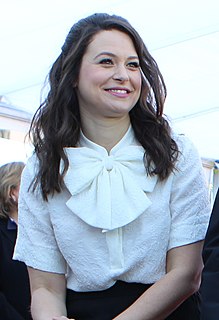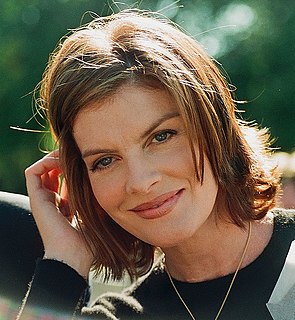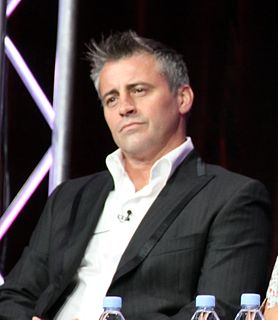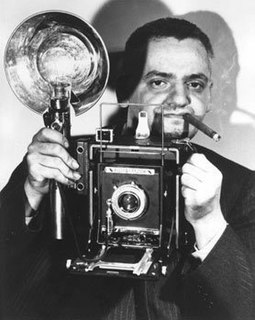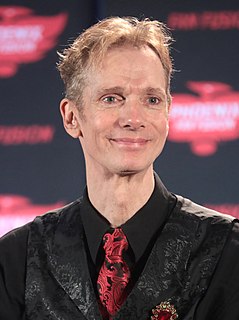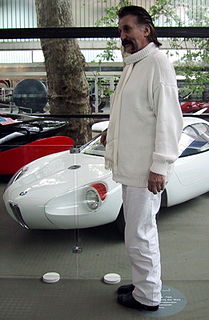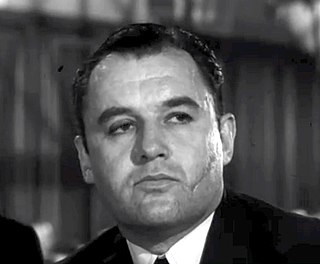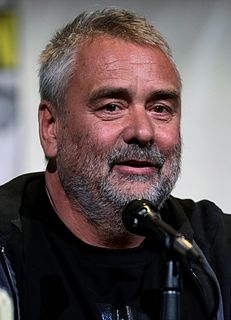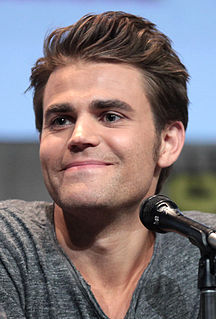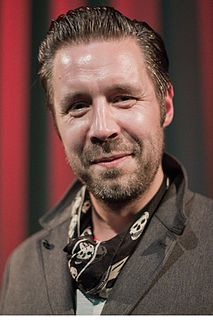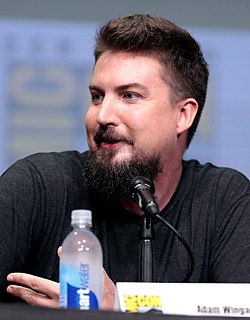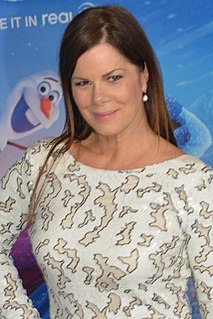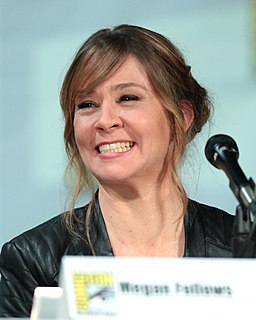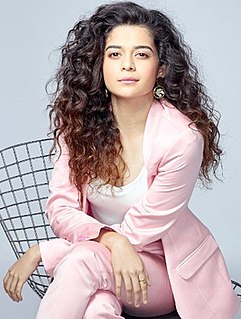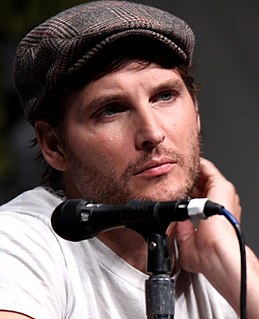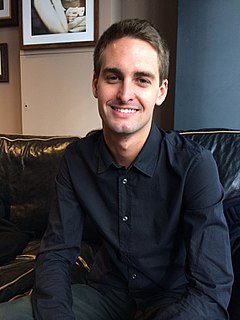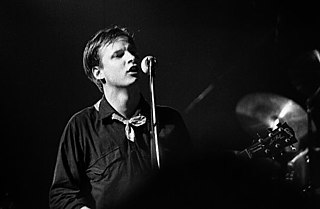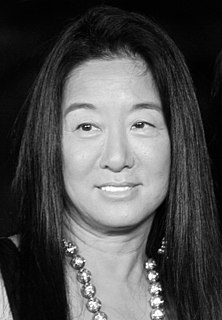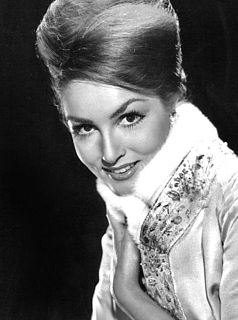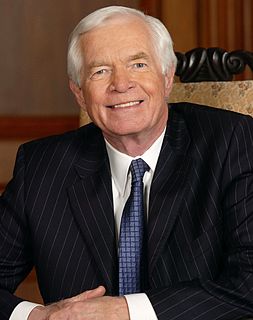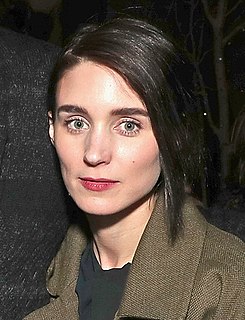Top 1200 Camera Lenses Quotes & Sayings - Page 6
Explore popular Camera Lenses quotes.
Last updated on October 6, 2024.
Latinos are the fastest growing minority, and we're obviously not going anywhere. We're extremely loyal as a people, and I think Hollywood is starting to recognize that. It's very rare for a major studio to nationally distribute a film with Latino talent, not only in front of the camera, but also behind the camera.
Of course, the camera is a far more objective and trustworthy witness than a human being. We know that a Brueghel or Goya or James Ensor can have visions or hallucinations, but it is generally admitted that a camera can photograph only what is actually there, standing in the real world before its lens.
As a director, what matters is how you penetrate the soul of the person in front of the camera and let the actor blur the boundaries between the character and the person themselves. In order to achieve that, I try to make people feel at ease, to be mindless of problems and be skinless and give everything to the camera.
There is nothing worse than when actors come to a set - and it happens a lot with big stars - and they are too aware of where the camera is. They are the show. And that becomes apparent and it affects the production. I am like 'You should not know where the camera is - you should act, and I will do the rest.'
I hate it when you are watching a movie where the characters are on the news, and for some reason they shoot it with a 35mm camera or a 4K camera, and they just put it on the TV as if that's the way it would look - it always takes me out of it by putting a filter on certain things. If it's too high quality, you're never gonna buy it.
I love to just listen and watch. I could happily watch a security camera at a store. Often during a day I'll see a guy selling pretzels or an argument that somebody's having on a stoop and I'll think, "Oh I wish I had my camera, I wish I could capture this moment." There's something about people being people and interacting that can be so beautiful when it's framed by a camera. That desire to capture people as they are, and the stubbornness to keep going when they don't necessarily want you to capture them being who they are, are key.
I want my fellow citizens to wise up and stop falling for [war]. I try with my limited access, I'm not getting into Kabul with a camera, they're not letting me get into Benghazi with a camera. I do what I can with my flimsy American passport and a visa. The photos are a bit more heavy from Southern Sudan and Haiti and Cuba.
The weird thing with 'Kismet' is that Vincente Minnelli didn't know what to do with a Cinemascope camera for that film - so he never moved it! It's like in the old days when sound first came in and was so complicated that the camera just sat there. There are hardly any close-ups in 'Kismet,' so everything's at a bit of a distance.

